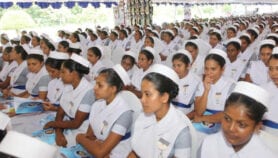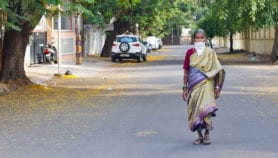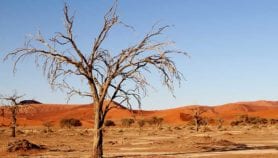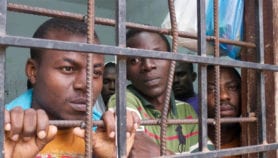Send to a friend
The details you provide on this page will not be used to send unsolicited email, and will not be sold to a 3rd party. See privacy policy.
[BUENO AIRES] The Argentinean government has exempted scientists from a regulation specifying that the appointment of all new government employees — which includes most of the country’s scientists — had to be approved by the country’s president.
The regulation, which had represented a substantial obstacle to all those seeking to embark on a scientific career, was signed during Argentina’s political and financial crisis in 2002.
The case of Claudia Vassena, a biologist working on insecticides, typifies the experience of young scientists in Argentina. Vassena was awarded a number of grants by CONICET to begin her scientific career. “But a mountain of paperwork delayed everything, and the official appointment never took place,” she says.
Vassena told SciDev.Net that she had considered offers to continue her research in Europe, but has decided to stay in Argentina, hoping that the new rules will enable her to fulfil her scientific ambitions.













